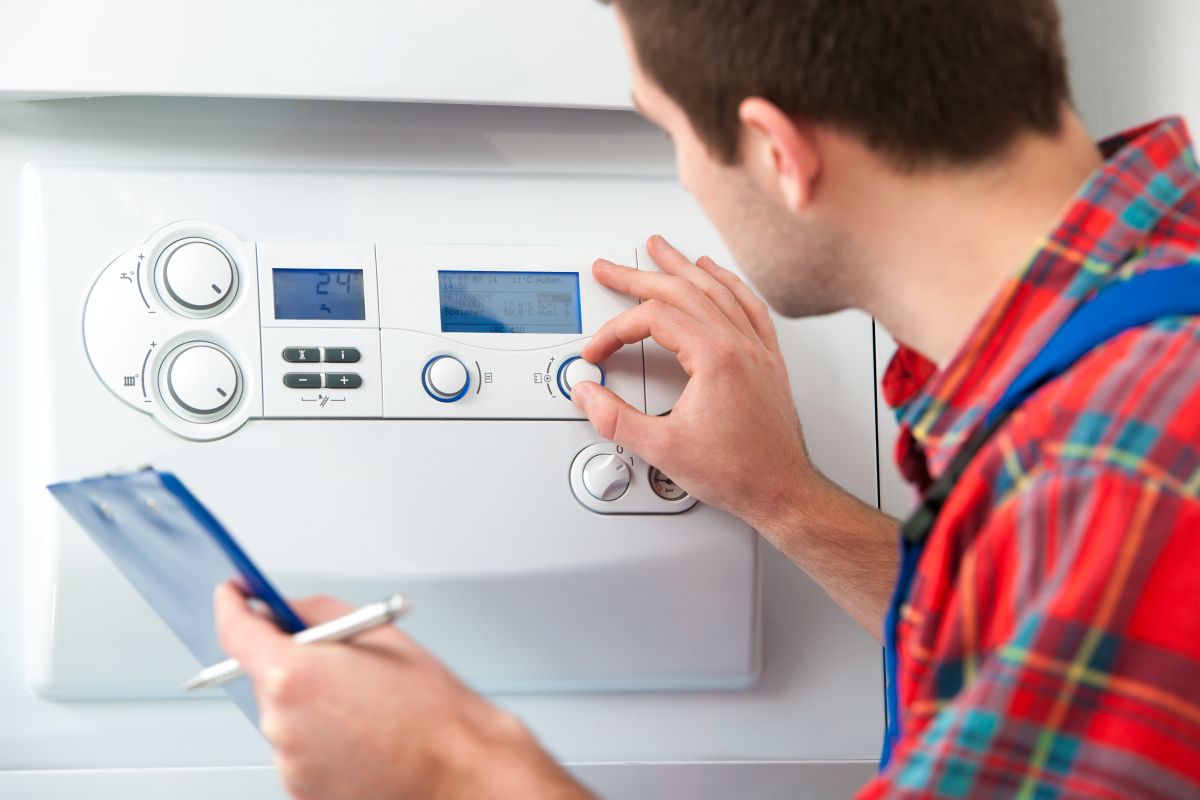We all rely on our boilers in a huge way, for heating our environments and our water. When something goes wrong, it can be annoying and frustrating adjusting to having no hot water or heating, especially during the winter. Here are some tips for coping until your boiler is fixed or replaced:
How to warm your space
If the weather is cold, you’ll probably be wanting to use secondary heaters to warm your home in the interim. For those with an open fire and chimney, a gas fire or log-burning stove, you should be able to heat up one floor of your home quite nicely. Otherwise, you’ll need to rely on electric heaters.
Secondary heating is not ideal because it’s not as effective and will cost more to run. If you’re using electric heaters, you’ll want to keep your heating requirements to a bare minimum and use cheaper solutions instead:
- Put on extra layers of clothing. It might feel odd to wear a hat and scarf inside the house, but you’ll be more comfortable and warm.
- Draught-proof your home. This is a good idea to do at any point to save heat from escaping. Running insulating strips around windows and doors, or even just a towel along the bottom of a door can help keep warmth trapped inside and make a big difference in an emergency scenario.
- Keep the curtains closed to act as an additional layer of insulation.
- Think about heating your bed instead of the whole room by using a hot water bottle or electric blanket. You can carry hot water bottles anyway around the house too to keep you snug.
- Focus on the areas where you spend most of your time and don’t try to heat areas of the house that aren’t used much. For a Gloucester Emergency Plumber, visit http://www.hprservicesltd.com/emergency-plumber-gloucester/
Electric heaters are cheap to purchase, even if they are expensive to run. They don’t have to be fitted, are usually quite portable and can be positioned in any room of the house. Due to their cost to run, it’s important to choose the right one for your needs:
- Fan heaters – These are great for blasting heat into a room quickly. Best for quick bursts of hot air to help you while you’re getting washed and dressed in the morning for example. Once you turn it off, the room will cool down quickly.
- Convection heaters – Convection heating warms up a room much slower and are best for heating specific areas and not a whole room. If you are going to using a room for a while and other people are in there too, this can be a good option. Once turned off though, the room will cool down quickly.
- Halogen heaters – These begin to glow brightly as soon as they are switched on and really only provide heat for the person right in front of them. If you’re in a small room and on your own, this is all you’ll need. They are not great for larger rooms or multiple people.
- Traditional electric – Similar to a halogen heater, these provide directional heat but take longer to warm up. They are more powerful, so better for larger areas.
- Oil-filled radiators – These are great at heating up a whole room. They do take a while to reach full warmth but will leave a room feeling warm for much longer once it has been turned off. These heaters are the best choice for warming a room for an extended period of time.

